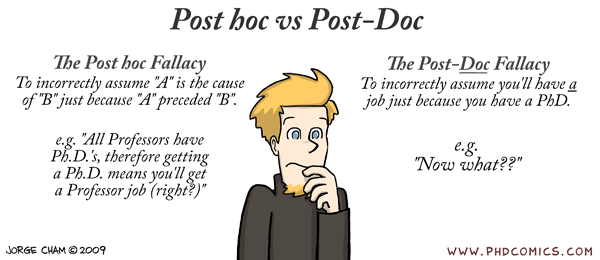It’s almost hard to think of a time when Wikimedia was not the source of all knowledge. After having survived the quality wars (is Wiki as good as printed Encyclopedia), amazing growth, lawsuits & legal threats, internal squabbles and international expansion – today Wikimedia seems as permanent and natural as summer holidays.
But Ed Chi at the Palo Alto Research Center is interviewed by New Scientist:
The number of articles added per month flattened out at 60,000 in 2006 and has since declined by around a third. They also found that the number of edits made every month and the number of active editors both stopped growing the following year, flattening out at around 5.5 million and 750,000 respectively. (read more on this here)
The Wikimedia Foundation has bagun a strategic review of Wikipedia to better understand why the changes to Wikipedia are occurring. Chi argues that a main part of the problem is the growing number of Wikimedia “experts”, in other words people who are experts on Wikipedia. They become a problem since experts on a specific topic are unable to compete with wiki-experts time and expertise in an eventual debate. I have commented earlier on the inclusionists v deletionists issue.
Chi thinks that Wikipedia now includes so much information that some editors have turned from creating new articles to improving existing ones, resulting in more disputes about edits. Such disputes are not a level playing field because established editors sometimes draw on extensive knowledge of Wikipedia’s guidelines to overwhelm opposition in a practice dubbed “wikilawyering”.
In part some of the more devoted editors of wikipedia (wikipedia experts) are becoming more fascinated with wikipedia, as opposed to the content. The whole point of wikipedia should be it’s ability to easily provide information (preferably expert information) but as many discussion pages show – content is not king. Wikilawyering is definately discouraging participation by experts.



